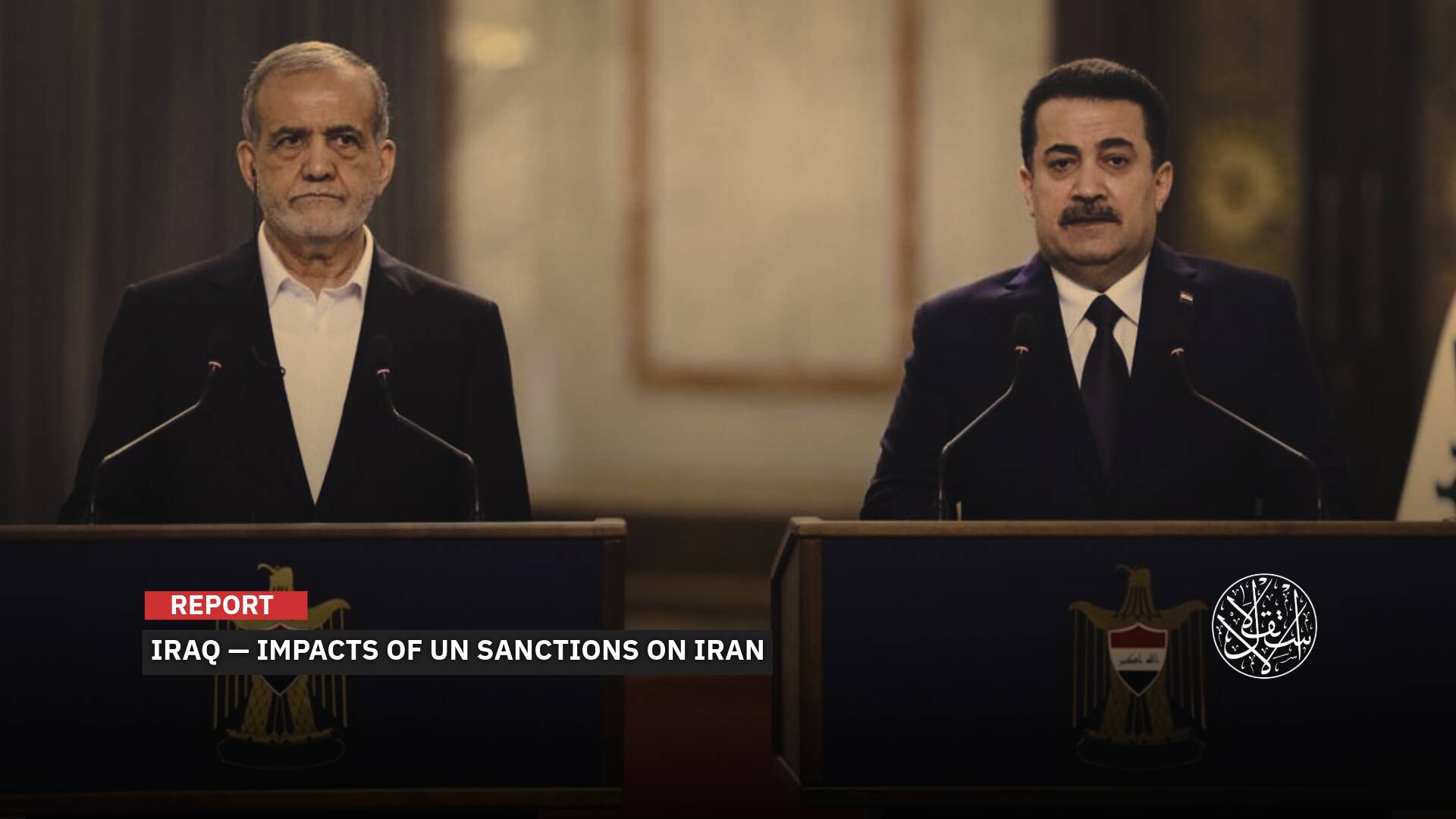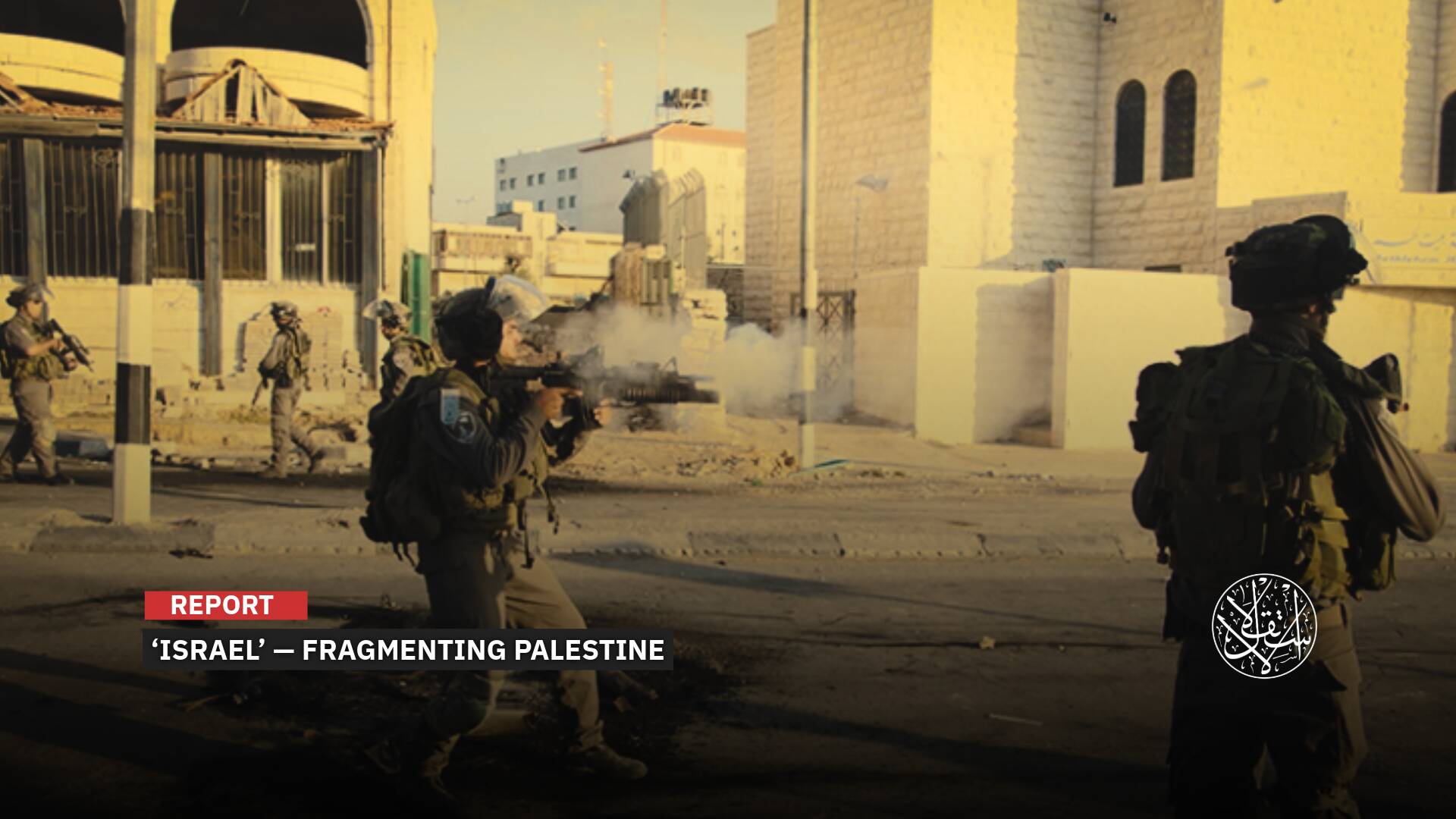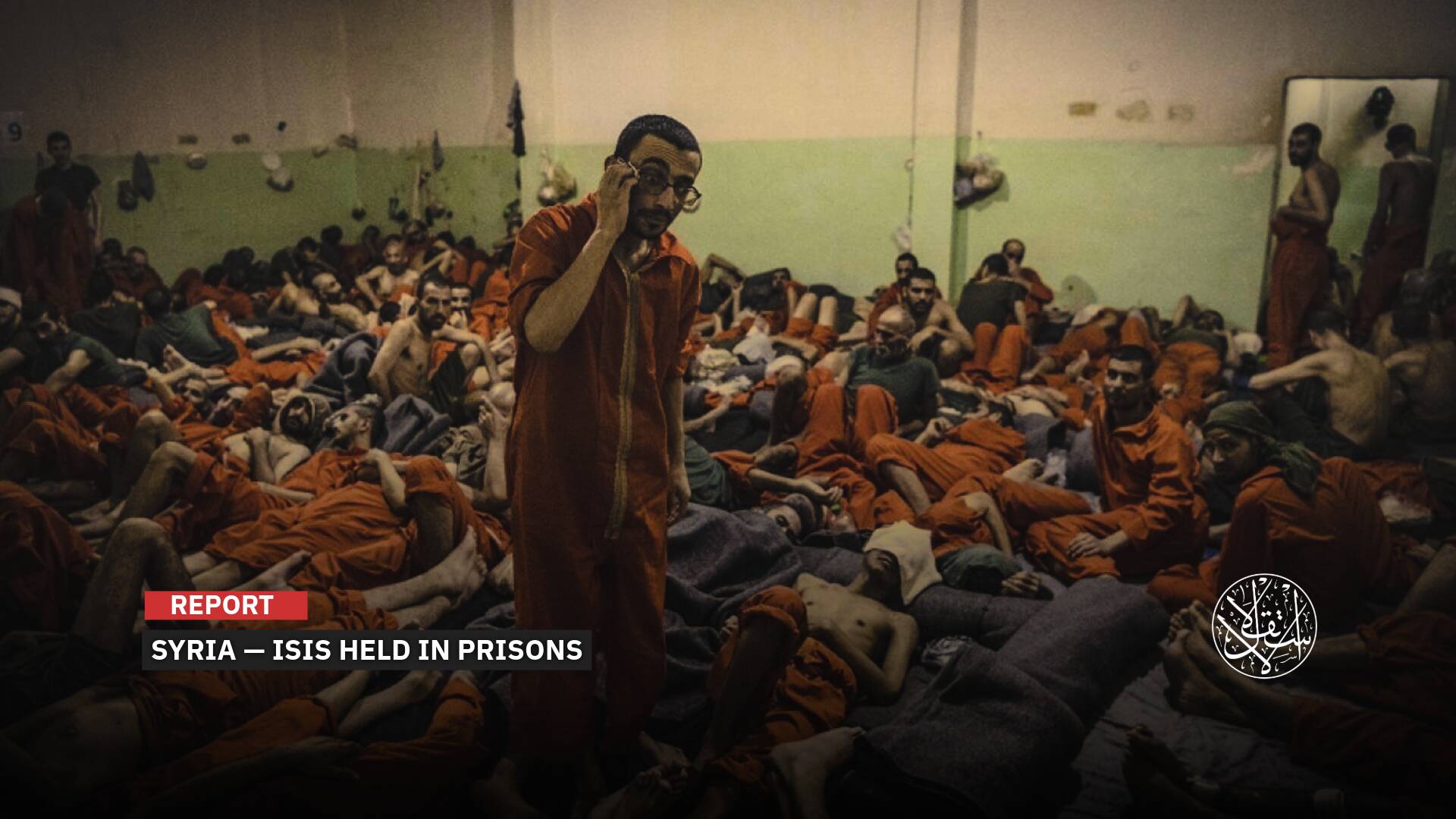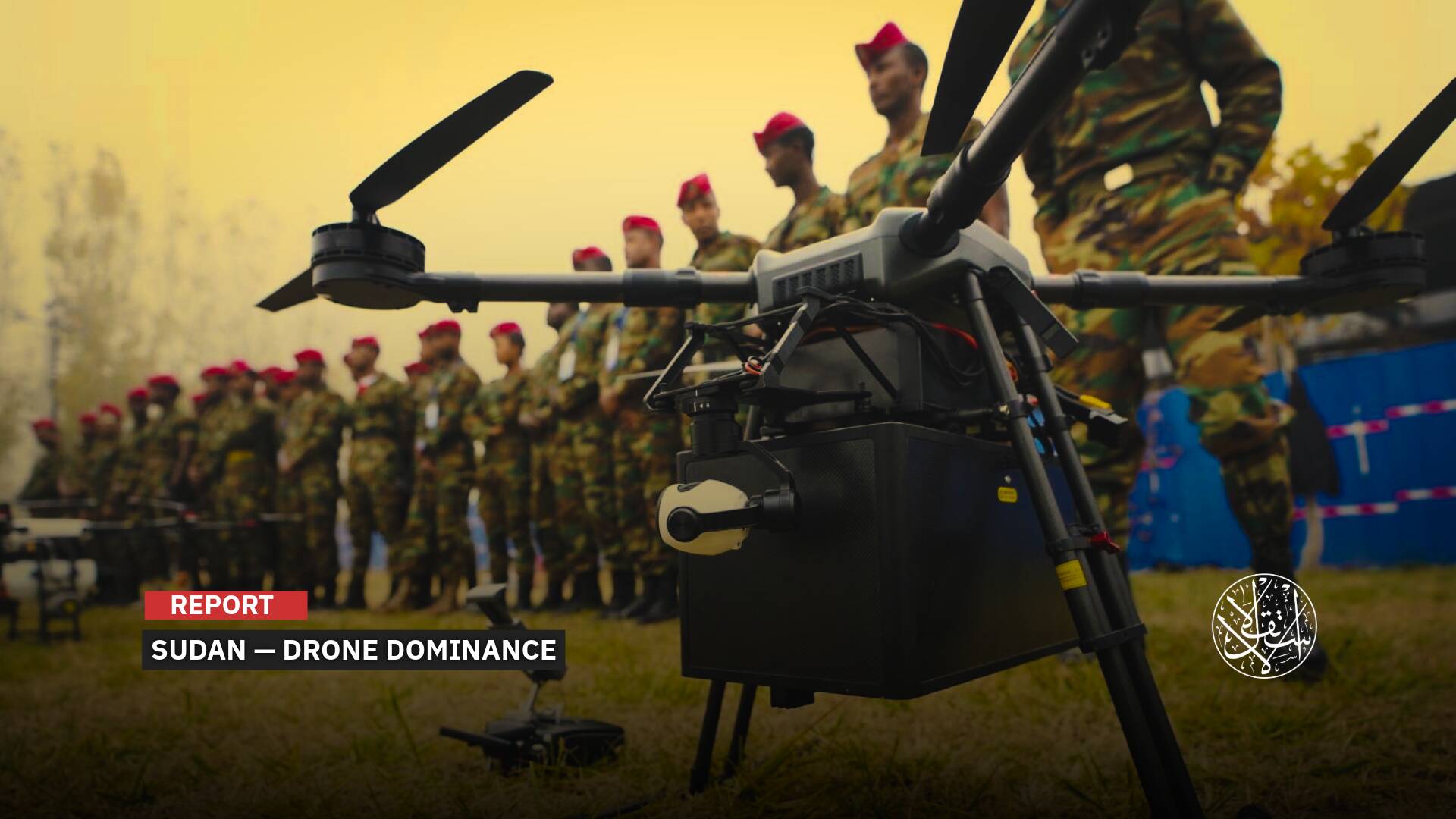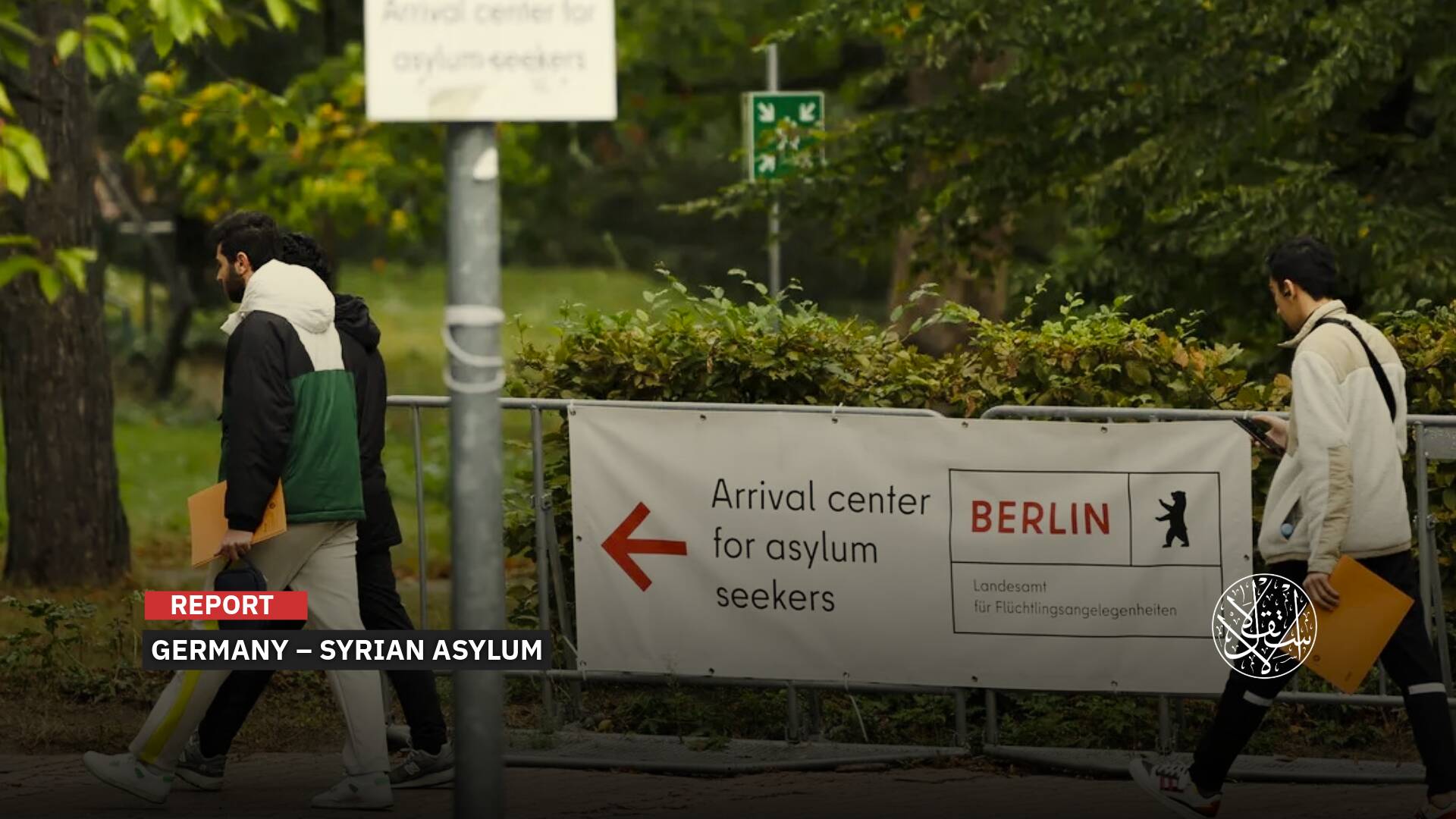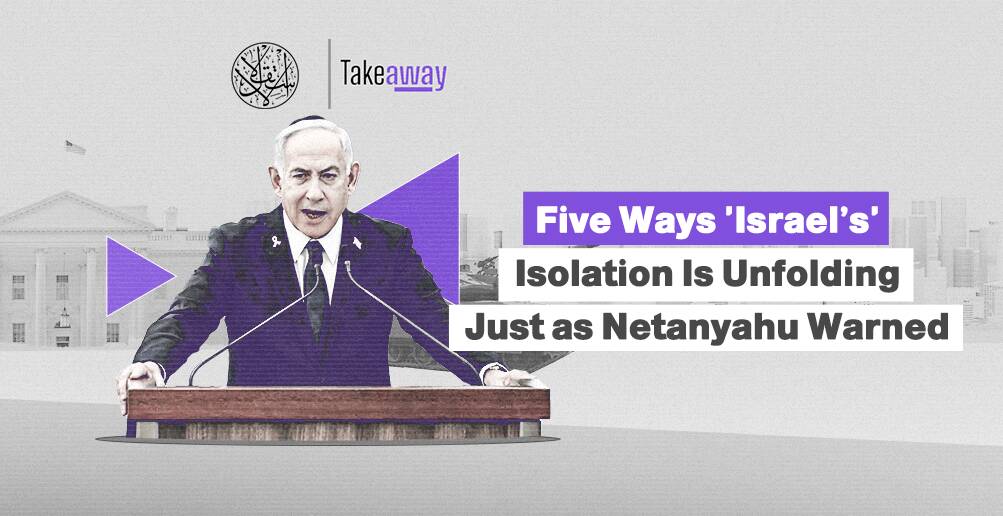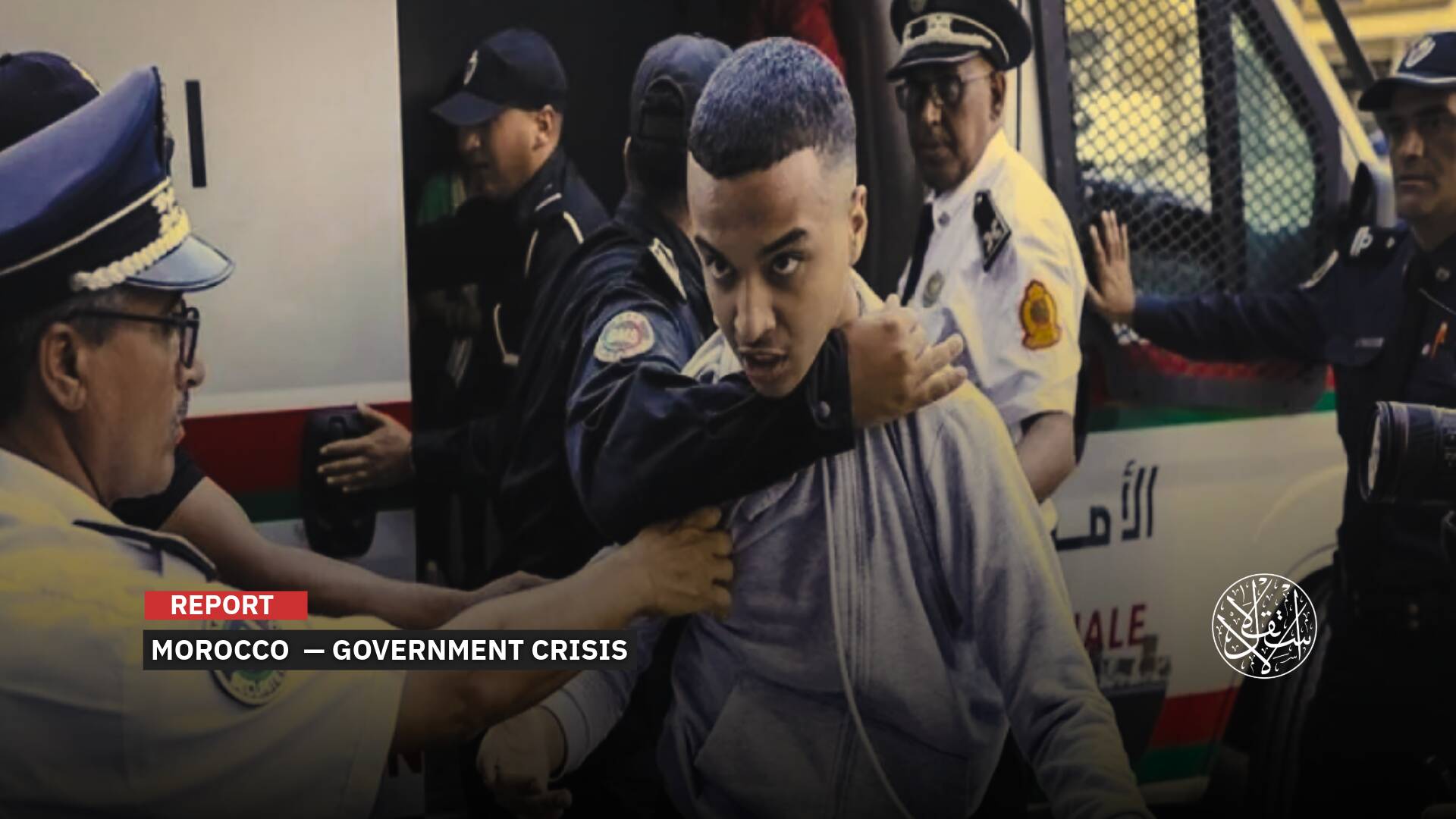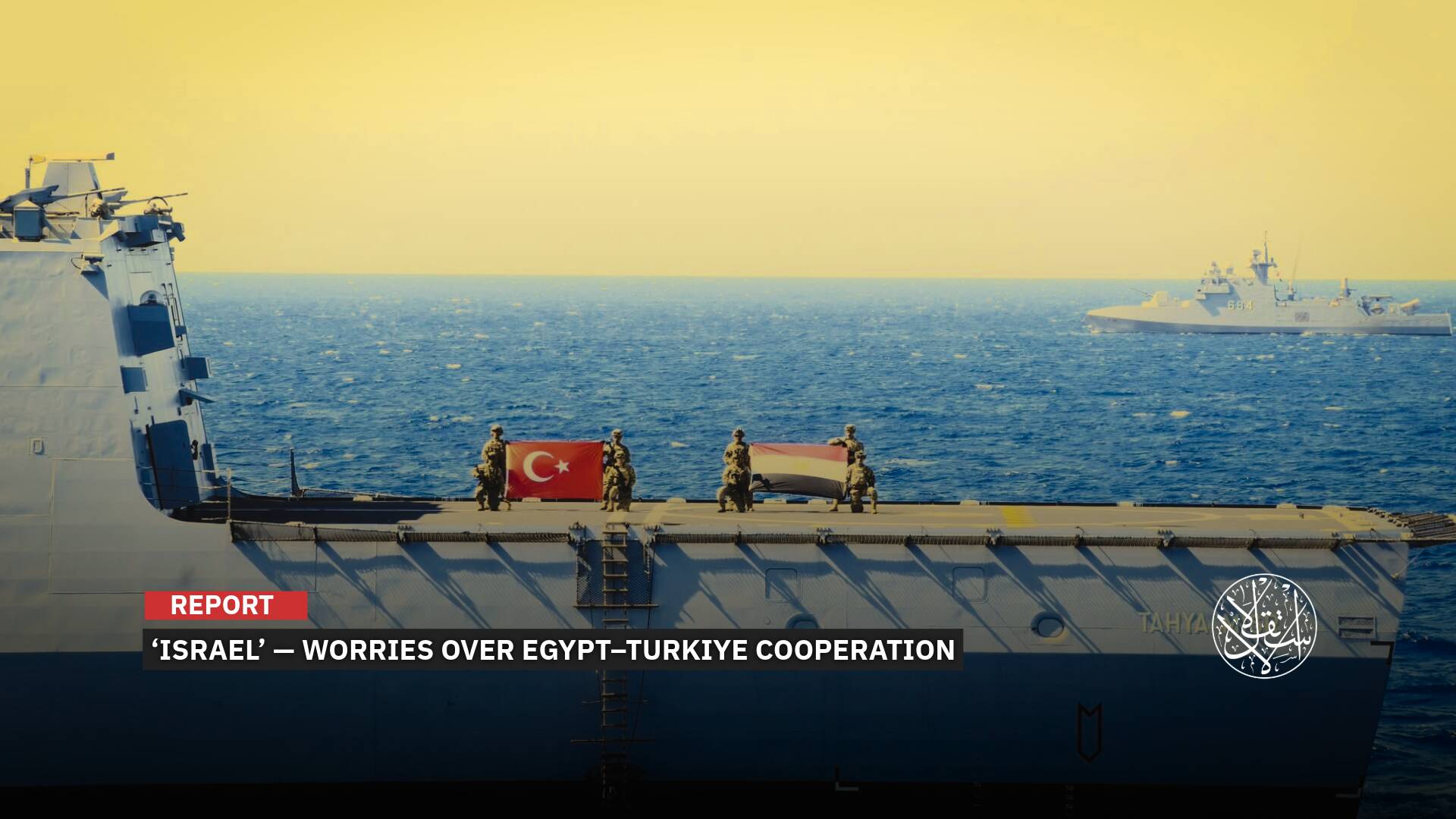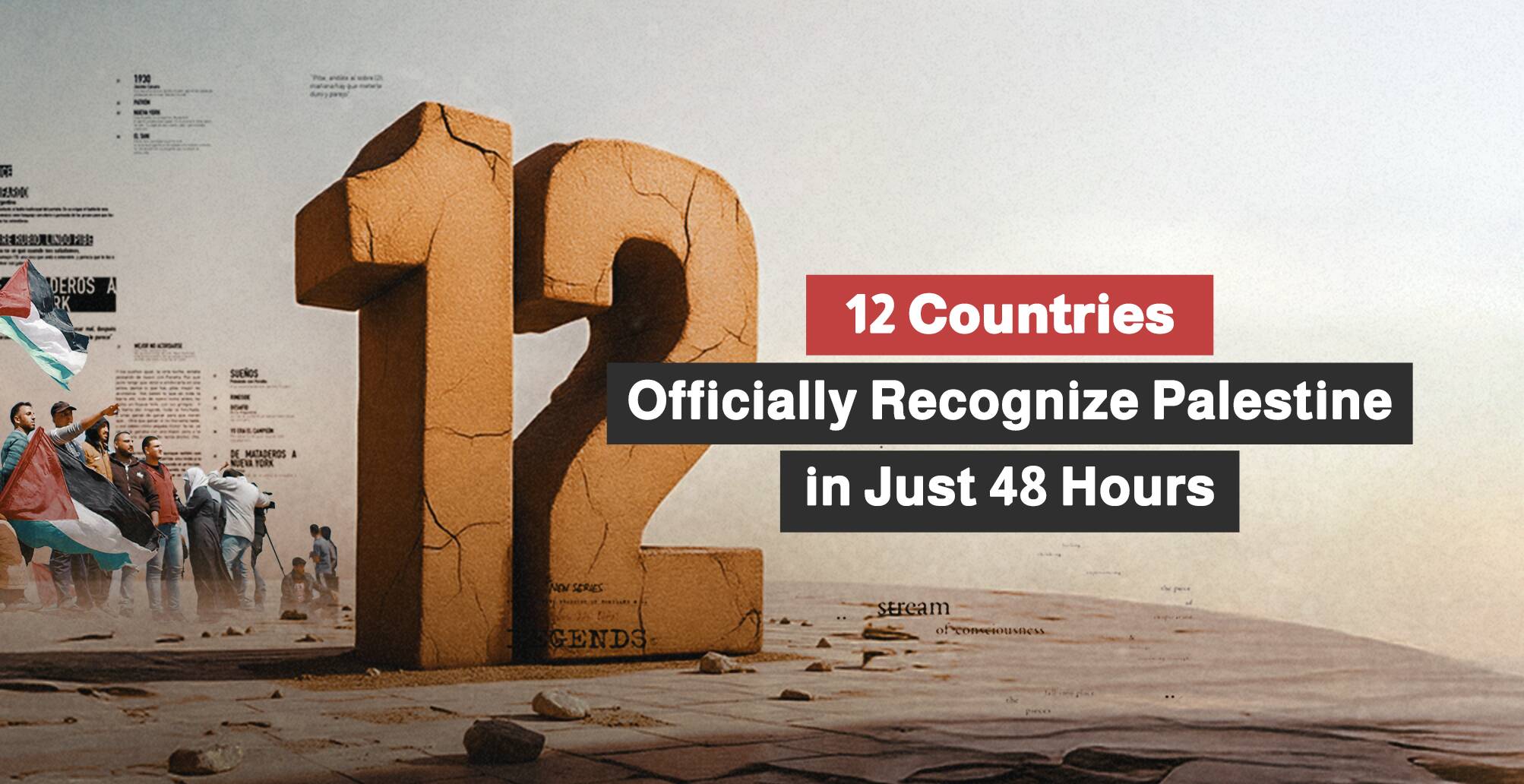War's Fallout and Assad's Decline: The Waning Political Power of Hezbollah in Lebanon

Hezbollah could no longer control Lebanon's choice of prime minister.
Recent political developments in Lebanon have highlighted the declining influence of Hezbollah following a devastating war with “Israel” and the fall of its Syrian ally, Bashar al-Assad’s regime.
Hezbollah’s military setbacks in the conflict with the Israeli Occupation, which claimed the lives of key leaders, including its former Secretary-General Hassan Nasrallah, were soon followed by political challenges at home. The most notable blow came with the election of a new president and prime minister outside the group’s sphere of control and influence.

Facing the Inevitable
Lebanon recently witnessed the election of General Joseph Aoun as president, a choice previously deemed unacceptable by Hezbollah.
On January 13, 2025, the newly elected president appointed Judge Nawaf Salam to form the new government after he secured 85 parliamentary votes, significantly outpacing caretaker Prime Minister Najib Mikati, who received only nine votes.
The Shiite duo, Hezbollah and the Amal Movement, opposed Salam’s appointment and backed Mikati for the premiership. Mohammed Raad, head of Hezbollah’s Loyalty to the Resistance bloc, voiced their discontent, stating, “It is our right to demand a consensual government, as any authority that contradicts coexistence has no legitimacy.” He also accused certain factions of pursuing division and exclusion during a press conference following his meeting with President Aoun on the day Salam was tasked with forming the government.
Raad hinted at disappointment over the decision, saying the group had “extended its hand” by electing Joseph Aoun as president last week only to find the “hand cut.”
On January 16, Reuters cited unnamed lawmakers close to the Amal Movement, describing Salam's appointment as a deception. They claimed it was preceded by an agreement among Christian and Sunni MPs to sideline Mikati. According to these lawmakers, the decision aimed to exclude the Shiite bloc, Hezbollah and Amal, from the new government. They accused the Free Patriotic Movement, which cast 13 votes for Salam, of completing “the coup.”
Hezbollah sources told Reuters that the party had aimed to keep Mikati as prime minister, believing this had been agreed upon politically after their parliamentary representatives supported Aoun’s election on January 9.
Lebanese writer Marouf al-Daouk commented on the political shift, saying the Shiite alliance sought to maintain control of the new government by endorsing Mikati, aiming to preserve its influence over state policies and decisions. With the presidency now in the hands of their political opponents, they believed the government should fall under their control.
In a January 14 article on IM Lebanon, al-Daouk said current facts and shifting dynamics failed to align with the alliance’s ambitions. He explained that although Mikati initially seemed to have widespread support, many MPs unexpectedly switched to backing Salam.
“Hezbollah’s practice of using intimidation and force to impose its choice of prime minister and cabinet members has now collapsed.”
“Accepting the new reality is better than being left out of the game entirely in today’s political climate,” he concluded.

Securing Assurances
Another event underscoring Hezbollah’s diminishing political influence was the election of General Joseph Aoun as Lebanon's president, ending a two-year vacancy caused by the group’s insistence on backing Suleiman Frangieh. Hezbollah had justified its stance by claiming a need for a president who would safeguard the “Resistance's back.”
In the first voting round, Aoun failed to secure Hezbollah's backing, receiving only 71 votes—falling short of the 86 needed for victory. However, the second round brought a surprising shift, with the Shiite duo, Hezbollah and the Amal Movement, supporting Aoun, boosting his votes to 99 and finally resolving the prolonged presidential deadlock.
Lebanese writer and political analyst Ali al-Amin argued that Hezbollah had little choice but to endorse Aoun, as it was acutely aware of the shifting dynamics brought about by the Israeli war and the collapse of Bashar al-Assad’s regime in Syria. Speaking to Alhurra TV on January 10, al-Amin explained that these changes created a new political reality in Lebanon, relegating Hezbollah from its role as kingmaker—able to impose or block a presidential candidate—to one where it seeks assurances against marginalization.
“Hezbollah’s abstention in the first round was not a rejection of Aoun but rather a calculated move to highlight that Aoun’s victory depended on votes from Hezbollah and Amal. This sentiment was echoed by Hezbollah MP Mohammed Raad,” he said.
On the subject of guarantees, al-Amin pointed out that Aoun’s inaugural speech avoided mentioning “resistance” and instead emphasized the state's exclusive right to arms, asserting that the army was responsible for protecting Lebanon’s borders and maintaining its security.
Hezbollah, al-Amin suggested, sought to reassure its supporters by portraying itself as the decisive force behind Aoun’s presidency, even though the guarantees it received were limited to avoiding its exclusion from the political scene.
The writer stressed that the balance of power in Lebanon has shifted and that Hezbollah, under external pressure, had to willingly accept Aoun’s election. This, he argued, marked a return to its actual political weight—a parliamentary bloc of 15 MPs.
“While some Hezbollah MPs expressed frustration with international pressure, their participation in Aoun’s election revealed their acknowledgment of the need to adapt to the new reality and avoid direct confrontation.”
Contrasting with the rhetoric of past administrations following the Lebanese Civil War (1975–1990), Aoun’s speech carried clear messages, most notably affirming the state's monopoly on arms as a cornerstone of Lebanon’s sovereignty. He pledged that his election would mark the start of a “new era” in Lebanon's history, calling for a shift in political dynamics, “It is time to invest in Beirut’s ability to strengthen our foreign relations, rather than relying on external forces to dominate one another.”

Reclaiming Sovereignty
A notable incident revealing Hezbollah’s diminished control unfolded on January 3, when Lebanese authorities subjected an Iranian Mahan Air flight, linked to the Revolutionary Guards, to a security inspection at Beirut’s Rafic Hariri International Airport.
Local media reported that Lebanese authorities barred an Iranian diplomat from entering the country after he refused to have his diplomatic bag inspected. It was also alleged that the flight was intended to deliver funds to Hezbollah, sparking intensive communications between Beirut and Tehran regarding the situation.
The Lebanese Broadcasting Corporation International (LBCI) reported that the Iranian diplomat, who arrived on a Mahan Air flight, refused to undergo electronic baggage screening, citing diplomatic immunity under the 1961 Vienna Convention. However, Beirut's airport security held firm, asserting that any suspicious cargo could be confiscated as illicit funds or blocked from entry.
Lebanese sources disclosed that a remote runway was designated for the Iranian aircraft in the event of its landing, ensuring it would stay clear of Hezbollah-controlled areas in Beirut’s southern suburbs. The incident sparked protests from Hezbollah supporters near the airport, with video footage from al-Manar TV, linked to the group, showing demonstrators opposing the inspection measures. However, the Lebanese army intervened, blocking access to the airport to prevent further escalation.
Iranian media outlet Tasnim criticized the measures as a violation of diplomatic immunity and an affront to international norms. Tasnim further alleged that the inspections were conducted under the supervision of U.S. officials, framing the incident as a political maneuver against Iran and its allies.
Lebanese Interior Minister Bassam Mawlawi defended the inspection, stressing that airport security was simply upholding standard procedures.
Nazih Matta, a Lebanese Forces MP, echoed sentiments of national sovereignty, asserting that Lebanon must regain control over its vital facilities, including airports and border crossings, to curb external interference. He accused Iran of exploiting unchecked access to smuggle arms and funds into Lebanon with Hezbollah’s complicity.
Rafic Hariri Airport has long been a flashpoint in Lebanese politics. In 2008, political tensions peaked when Hezbollah installed surveillance cameras near the airport, sparking a backlash from opposition figures like Walid Jumblatt. At the time, Jumblatt criticized Hezbollah’s influence over airport security, arguing that such measures undermined state authority.
This controversy culminated in a historic May 2008 decision by the government to dismiss the airport's security chief, Wafiq Shuqair, a Hezbollah loyalist. The move, coupled with efforts to dismantle Hezbollah’s private communication network, led to violent confrontations as Hezbollah forces seized parts of Beirut and attempted to expand into predominantly Christian areas.
The January 2025 airport inspection incident underscores Lebanon’s ongoing struggle to reclaim its sovereignty amidst persistent political and military influence from external actors like Iran, exacerbated by Hezbollah’s entrenched role in national affairs.
Sources
- Lebanon's Nawaf Salam to be designated PM, angering Hezbollah
- The coup against Mikati is evidence of the failure of promoting the presidency-for-government deal [Arabic]
- Hezbollah Supporters Protest Near Beirut Airport Over Iranian Plane Inspection [Arabic]
- From Lebanon to Gaza, Through Syria: A New Phase Shaping the "Day After"? [Arabic]
- Lebanon: Parliamentary disputes and accusations of a "coup" [Arabic]
- "Under U.S. Officers' Supervision": Tensions Erupt at Beirut Airport Over Tight Screening of Iranian Flight Passengers [Arabic]
- Lebanon inspects Iranian plane, denies entry to diplomat on board [Arabic]
- Iranian plane inspection: What has changed at Beirut airport? [Arabic]
- Nawaf Salam Becomes Lebanon's Prime Minister: How Does He View the Country's Challenges? [Arabic]
- Hezbollah’s Vote for Lebanon’s Army Chief: Defeat or Political Deal? [Arabic]
- Fully Controlled by Hezbollah: Why the French Initiative for Beirut Airport Is Unworkable [Arabic]


